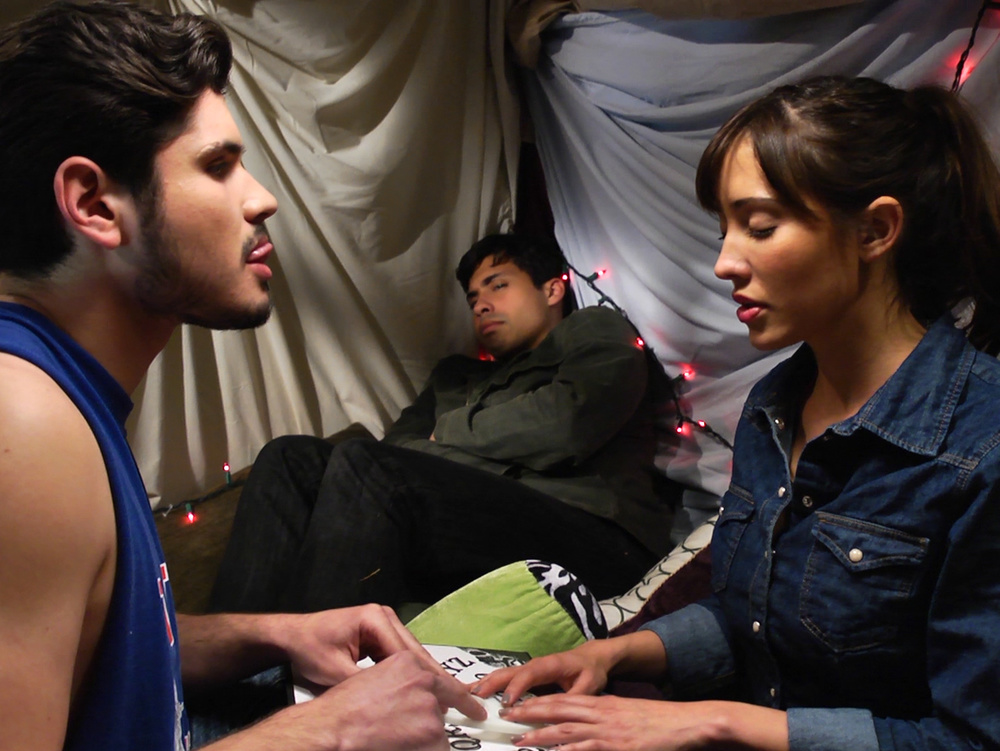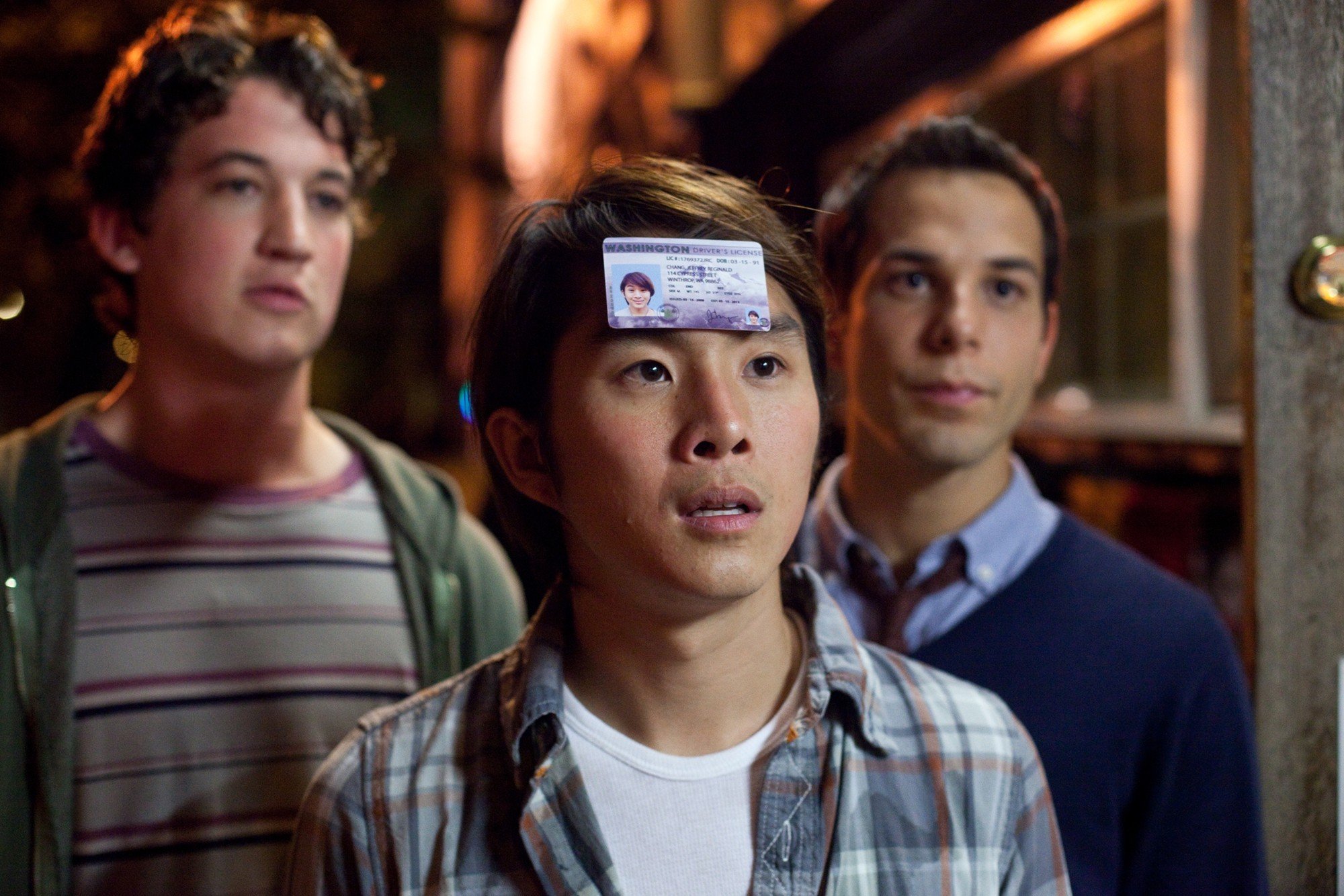The more I think about it, the more I understand this psychological horror to be political commentary; the problem is that rather than explaining how we’ve screwed up as observers, the film gives in to our worst fears without identifying a clear reality.
Lemme put it this way: Suppose you wanted to say “Trump is a monster” in film form, but you don’t want to flat-out say it; that’s not how metaphorical art works. Instead, you create some sort of endlessly babbling yeti with a tacky blonde wig and a red tie past his genitals. And then you make him constantly shit on personal property and then eating only the people who are pointing out, “He’s shitting on personal property.” Ideal premise, right? I have the basics of great political parody down already, right? Well, then suppose I ended the film with my yeti sitting down and gently sharing lunch with some Haitian immigrants, none of whom are eating pets. That would be quite a mixed message and not quite jiving with reality, huh? That is how Never Let Go feels to me.
There’s a house in the woods, seemingly miles from anything. Three people live in it, Momma (Halle Berry), and her twin boys, Samuel (Anthony B. Jenkins) and Nolan (Percy Daggs IV). The trio live by a code. It is a code that keeps them hungry, cold, and alone. But they are alive. For now. The trio are starving. We don’t know that anyone else is alive anywhere. In Part 1, we learn that the house offers some sort of magical protection from “The Other” and that as long as members of the family venture outside while physically tied to the house, they are safe. The film shows us how this works: Momma and boys say a house payer and then affix themselves to long ropes tied to the house, and then forage for eats.
The pickings are sliiiiiiiiiim. Samuel manages to bag a squirrel with a slingshot. This becomes their entrée for the entire day. We see one of the boys eat a live frog out of hunger and curiosity; that’s never going to play well on the frogblog.
There’s a religious fervor tied to all this. Momma requires recitations, incantations, and regular purges of -what amounts to- doubt and free thought. When the ropes are off, we can see what happens, monsters arrive in the form of zombified relatives.
Do they exist or don’t they? Father shows up. Is he real? Is he alive? Can’t be, else he’d try to enter the house, right? But why does Momma acknowledge him like he’s alive? Is she crazy? Probably. Here’s the thing – the boys are ten and they live in a house in the woods w ith no heat, no food, and no running water. All they know is what Momma tells them. If Momma is crazy, all they learn is crazy.
ith no heat, no food, and no running water. All they know is what Momma tells them. If Momma is crazy, all they learn is crazy.
So, on some level, this could have made an ideal MAGA reflection. MAGA is the boys; they fear everything because all they know is fear. Even the title suggests an order that the cult must show ultimate devotion to the disinformation … or else! The boys blindly follow every last order and incantation. In this way, the film works almost perfectly as a MAGA parallel, especially as the boys differ: Samuel is a true believer while Nolan begins to question Momma’s instructions and is harshly punished for it. But then the metaphor falls apart – in a true MAGA parallel, the “monsters” would be fictitious, just like everything MAGA fears, and the film seems to be going in that direction, there isn’t consistency. Even as outside observers, we find it difficult to know exactly what’s real and what’s fake in the world of Never Let Go.
Fear of what may not exist is wonderful psychological proving ground, but not as easily expressed on film. Hence, what shows up is 101 minutes of Halle Berry’s acting while two boys stand around wondering, “What’s going on?” The premise isn’t bad, but the audience is left wondering who was the real monster in this film? The scenes are not good enough to let that question stand without a definitive answer.
Two forest boys, Nolan and Sam
Lived a life without a spec of glam
They feared every day
Keeping enemies at bay
Assuming this whole thing’s not a sham
Rated R, 101 Minutes
Director: Alexandre Aja
Writer: KC Coughlin, Ryan Grassby
Genre: Our screwed future? Our screwed present?
Type of being most likely to enjoy this film: People who like the horror of the unknown
Type of being least likely to enjoy this film: Those waiting for a clearer message



